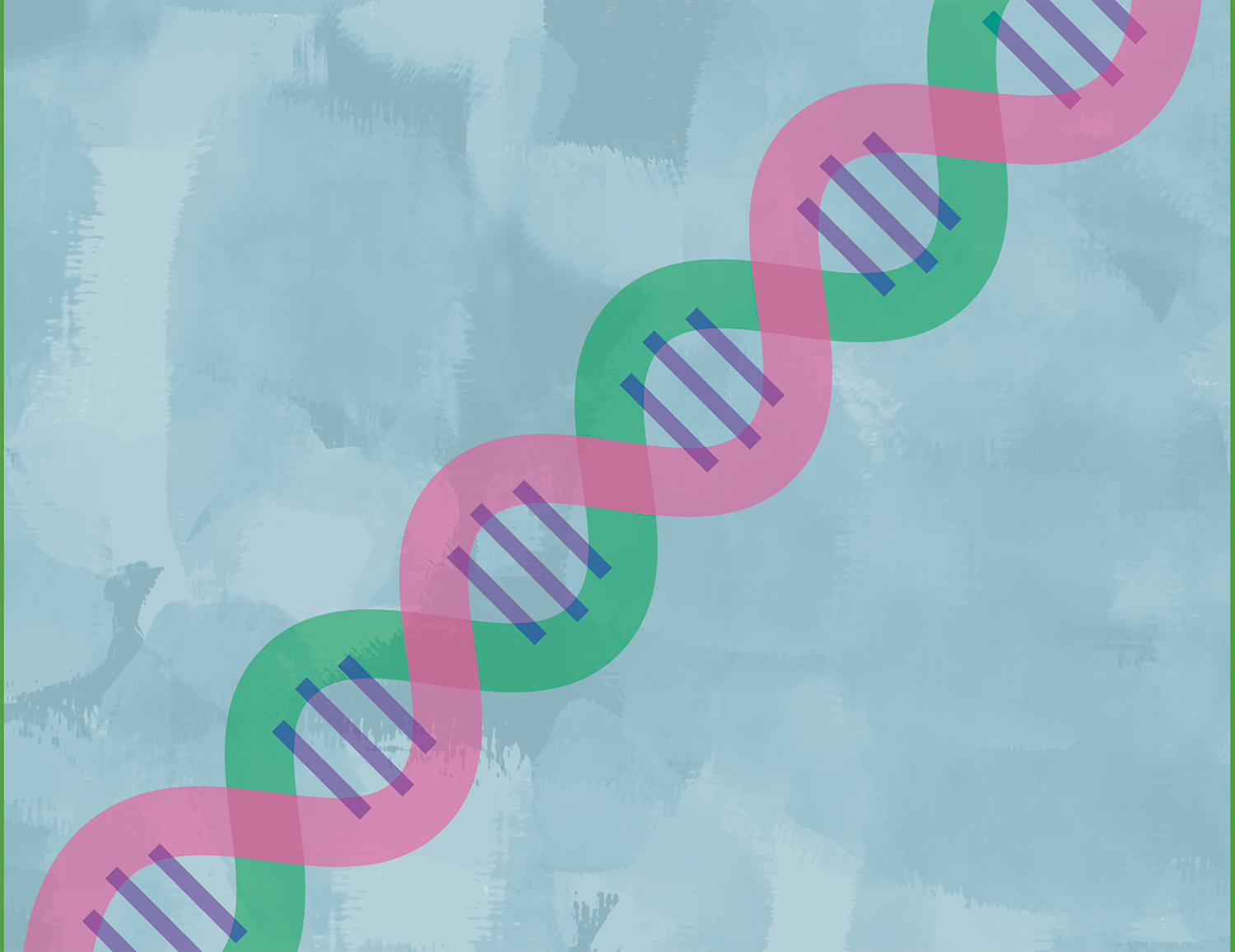Targeted Treatment After Surgery Improves Disease-Free Survival for Certain Breast Cancer Patients
The use of the PARP inhibitor Lynparza (olaparib) as an adjuvant therapy for one year after completion of local treatment and chemotherapy significantly improved invasive and distant disease-free survival in a study of 1,836 breast cancer patients. The patients had high-risk, early-stage HER2-negative breast cancer that featured inherited BRCA1 or BRCA2 mutations. The full study, called the OlympiA trial, was published June 3 in the New England Journal of Medicine and will be presented June 6 at the 2021 American Society of Clinical Oncology Annual Meeting. Patients in the trial were given either Lynparza or a placebo. After three years, 85.9% of the group who receive Lynparza were alive and did not have signs of invasive cancer, compared to 77.1% of the placebo group. The three-year distant disease-free survival was 87.5% in the Lynparza group and 80.4% in the placebo group. “The OlympiA study results, the first reporting the effects of a PARP inhibitor as an ‘adjuvant therapy’ on survival endpoints, suggest a possible addition to the standard of care for patients with germline BRCA1/2 mutation-associated early breast cancer who have levels of recurrence risk requiring neoadjuvant or adjuvant chemotherapy,” said lead author Andrew Tutt, a researcher and clinical oncologist at the Institute of Cancer Research and King’s College, both in London, in a media release.
Targeted Radiotherapy Improves Outcomes for Prostate Cancer Patients
The investigational treatment 177Lu-PSMA-617 significantly improved radiographic progression-free survival and overall survival when used with standard-of-care treatment in a segment of prostate cancer patients. In a study of 831 people with metastatic castration-resistant prostate cancer who had been treated previously with chemotherapy and androgen receptor pathway inhibitors, progression-free survival was improved to a median 8.7 months for patients who received the standard of care plus 177Lu-PSMA-617, compared with 3.4 months for just the standard of care. Overall survival also improved to a median 15.3 months for patients undergoing the new treatment, compared with 11.3 months receiving just the standard of care. The results of the VISION trial will be presented June 6 at the 2021 American Society of Clinical Oncology Annual Meeting. 177Lu-PSMA-617 is a radioactive compound that binds to prostate cancer cells that express prostate-specific membrane antigen, which occurs in about 80% of patients with prostate cancer. The binding of the compound to the cancer cells enables delivery of radiation directly to the tumor and the surrounding microenvironment. “The findings suggest that 177Lu-PSMA-617 warrants consideration as a new standard of care in this patient population, pending regulatory review and approvals,” said lead author Michael Morris, head of the Prostate Cancer Section at Memorial Sloan Kettering Cancer Center in New York City, in a press release.
A New Therapy for a Treatment-Resistant Lung Cancer
The Food and Drug Administration (FDA) on May 28 approved Lumakras (sotorasib), a targeted therapy, to treat adult patients with advanced non-small cell lung cancer (NSCLC) that features a type of genetic mutation called KRAS G12C. The treatment is approved for patients who have seen their cancer progress after receiving at least one systemic treatment such as chemotherapy or immunotherapy. Lumakras is the first targeted therapy approved to treat any type of KRAS mutation, Lumakras is the first targeted therapy approved to treat any type of KRAS mutation. KRAS G12C mutations occur in about 13% of patients with NSCLC. “KRAS mutations have long been considered resistant to drug therapy, representing a true unmet need for patients with certain types of cancer,” said Richard Pazdur, director of the FDA’s Oncology Center of Excellence and acting director of the Office of Oncologic Diseases in the FDA’s Center for Drug Evaluation and Research, in a media release. “Today’s approval represents a significant step towards a future where more patients will have a personalized treatment approach.”
Cancer Today magazine is free to cancer patients, survivors and caregivers who live in the U.S. Subscribe here to receive four issues per year.
Cancer Today magazine is free to cancer patients, survivors and caregivers who live in the U.S. Subscribe here to receive four issues per year.





